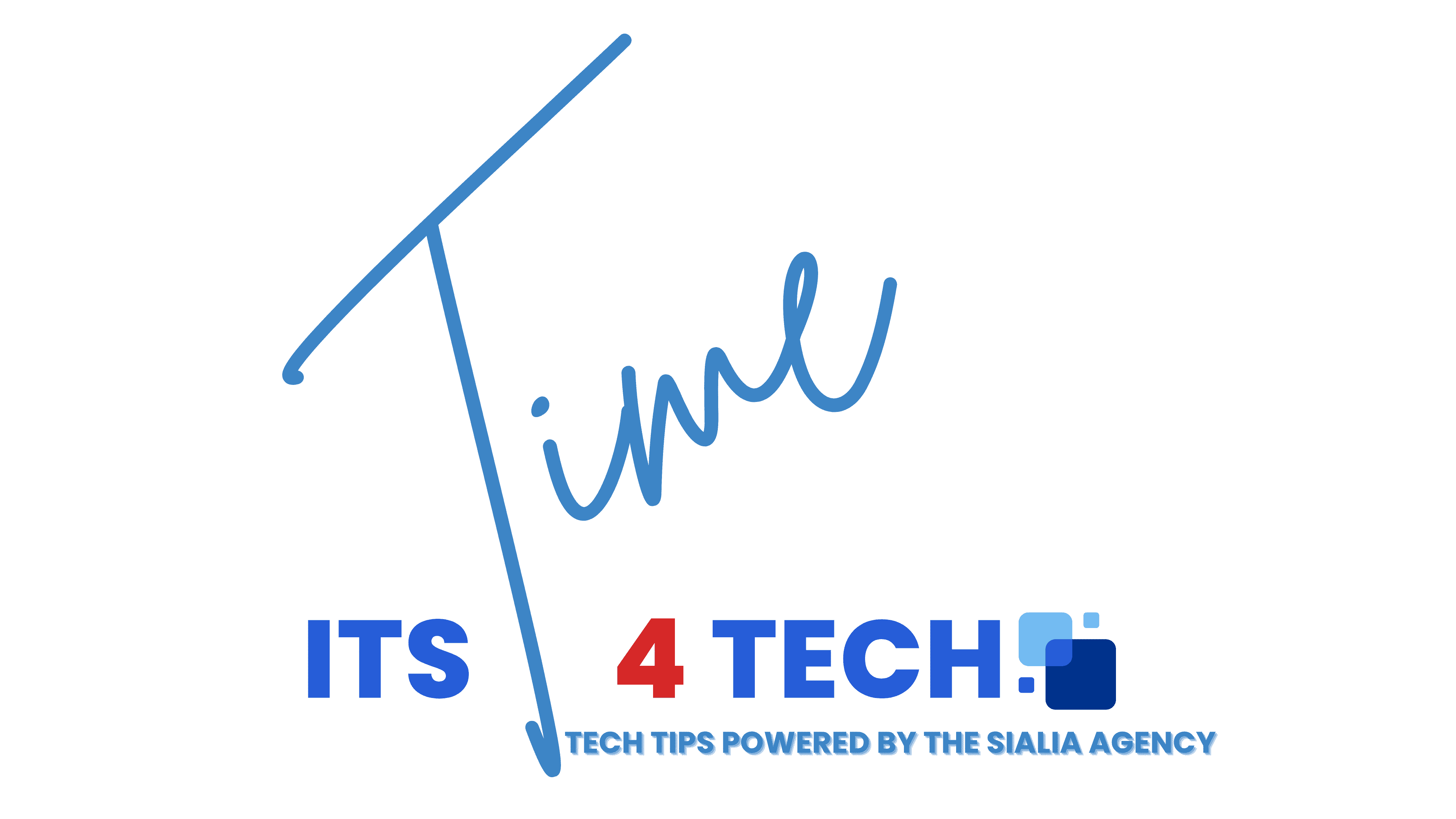
Understanding Social Proof and Its Importance
Social proof can be a powerful marketing tool, leveraging our natural inclination to look to others for guidance in uncertain situations. However, not all forms of social proof work to our advantage. While positive testimonials and user reviews can boost conversions, negative social proof—illustrating what people are not doing—can backfire, leading to fewer conversions for your business. As a small business owner, understanding the subtle nuances of social proof can significantly enhance your marketing strategy and improve customer engagement.
The Pitfalls of Negative Social Proof
Imagine a potential customer visiting your website and seeing a message that says, 'Join the hundreds who didn’t choose us.' Instead of motivating them to engage, this type of messaging can instill doubt and fear, pushing them away from your services. Research shows that when customers see negative social comparisons, they are less likely to engage, as fear of missing out transforms into fear of making a poor choice.
Turning the Tide: Using Positive Social Proof Effectively
As you navigate your marketing landscape, prioritize positive social proof. Showcase customer testimonials, share user-generated content, and highlight case studies that reflect successful outcomes. Consider how you can create a narrative of success around your products or services, helping potential customers visualize their positive experience with your brand. For example, a bakery could share stories of customers celebrating birthdays with their custom cakes to draw in new buyers.
Future Trends in Marketing Psychology
Looking ahead, the field of marketing psychology is rapidly evolving. Factors such as artificial intelligence and data analytics are reshaping how businesses can analyze customer behavior. Small business owners should explore these emerging tools to refine their marketing efforts. Understanding your customer's behavior through data can help you tailor your positive social proof strategies more effectively, leading to increased conversions. Embracing these trends can position your business ahead of the competition.
To truly capitalize on these insights, consider integrating AI tools into your marketing strategy. Automation can help you analyze customer engagement and sentiment, allowing for real-time adjustments to your marketing approaches.
As you engage with your audience, remember the emotional connections that drive purchasing decisions. Share success stories that reflect authentic customer experiences, fostering a community around your brand's values.
To dive deeper into effective marketing strategies, download our comprehensive guide on marketing psychology today!
 Add Row
Add Row  Add
Add 




 Add Row
Add Row  Add
Add 
Write A Comment